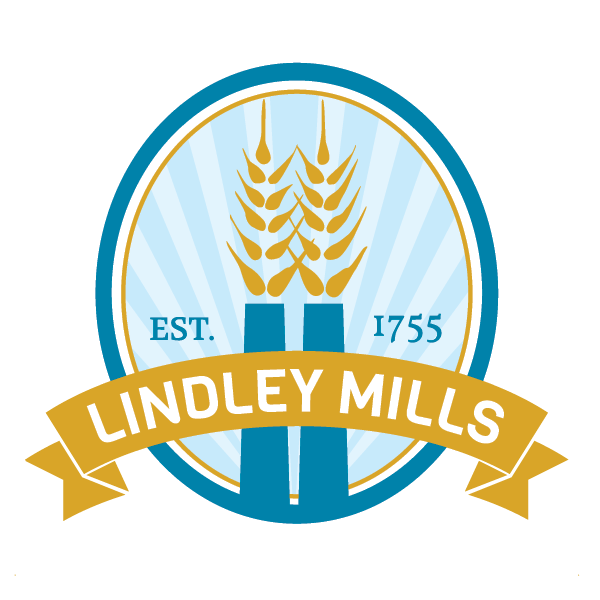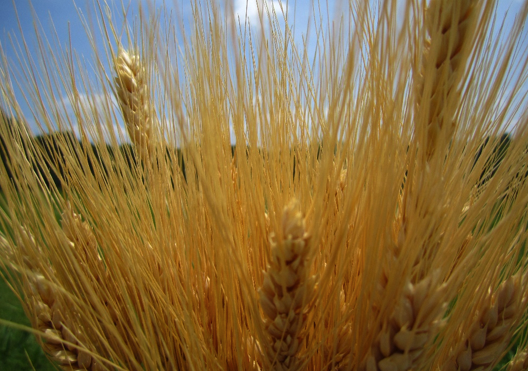Lindley Mills Organic Flours
All of Lindley Mills' organic flours are certified by Oregon Tilth and Kosher products are certified by OK Labs. We are BRC (British Retail Consortium) and Global Food Safety Certified. All certified organic grains are non-GMO. We are also supporters and members of the Bread Baker's Guild of America.
As part of our ongoing commitment to support local farmers, we have been working with several North Carolina organic wheat farmers to grow hard red winter wheat varieties bred to adapt to North Carolina's climate. The 100% organic hard red winter wheat variety has produced the yields that farmers look for as well as the protein quality that professional bakers desire.
What is 100% Certified Organic?
It is a certification system whose goal is to ensure that we build up our soils naturally, through crop rotations and other practices, to make our farms sustainable and not dependent on synthetic chemical inputs resulting in safer, healthier foods and environmental systems.
What is the difference between conventional and organic?
It is the quality of the growing practices and the post harvest milling and storage. Organics can be traced from the field to the plate.
Are organics more nutritious than conventional?
The testable nutritional differences are negligible. It is the growing, milling, and storage practices that distinguish organic from conventional.
Why do people buy organics?
Because the grains, fruits, and vegetables were grown without the use of synthetic pesticides, herbicides, genetically engineered seed, and sewage sludge.
Because the animals providing the meat and dairy were not routinely administered synthetic growth hormones and antibiotics.
Organic consumers believe that these toxic chemicals could have a long term detrimental effect on their health.
Organic farming systems’ sustainability helps build increased resilience and security in our nation’s food supply.

